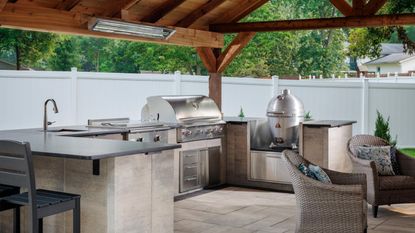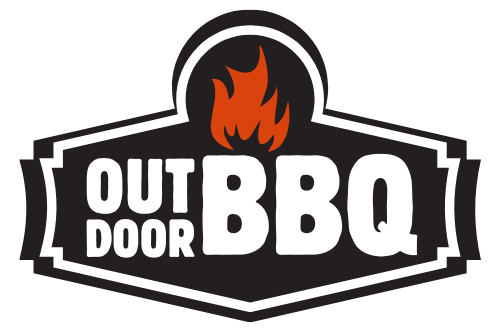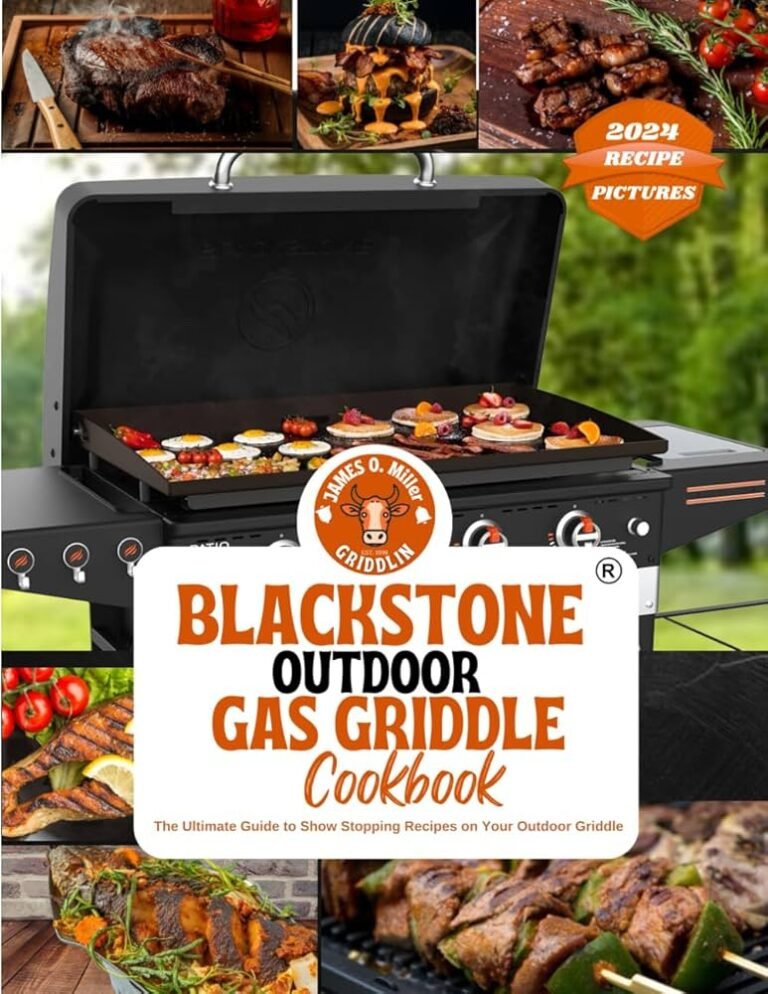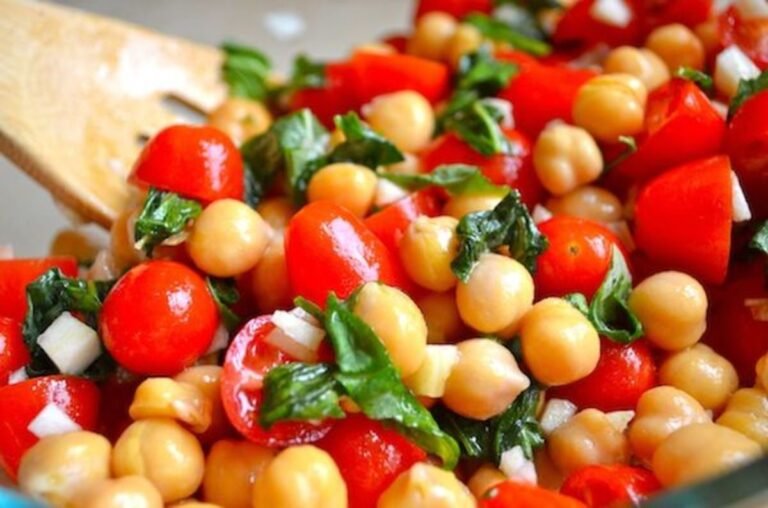As winter rolls in, it’s time to think about your outdoor BBQ kitchen. Cold weather can harm grills and accessories.
With temperatures dropping, safeguarding your outdoor cooking space is crucial. This ensures you can fire up the grill when spring arrives without any hiccups. Your outdoor BBQ kitchen deserves attention before the winter chill sets in. You’ve spent sunny days flipping burgers and searing steaks, surrounded by friends and the aroma of delicious food.
But now, as leaves fall and snow whispers promises of a white blanket, your BBQ oasis needs protection. Preparing your outdoor kitchen for winter might seem daunting, but it’s simple. This guide offers six easy tips to shield your grill and accessories from the cold. They will help you avoid rust, damage, and extra costs. Think of these tips as a warm coat for your kitchen. They’ll keep it snug and secure until the warmth returns, ready for another season of memorable outdoor cooking. Let’s get your outdoor BBQ kitchen ready for the cold days ahead!
Introduction To Winterizing Your Bbq Kitchen
As the leaves turn and temperatures drop, your outdoor BBQ kitchen needs a winter makeover. Winterizing your outdoor space is key to protecting it from the harsh elements. This process ensures that when warmer days return, your BBQ is ready to fire up at a moment’s notice. Let’s dive into the reasons and advantages of this essential seasonal preparation.
Why Winterizing Is Essential
Cold weather can damage your BBQ kitchen. Water freezes and expands, leading to cracks and rust. Winterizing prevents this damage and saves costly repairs.
Benefits Of Seasonal Preparation
- Extends the life of your BBQ kitchen
- Keeps appliances in top shape
- Ensures a quick and easy start to the next grilling season

Inspect And Clean The Grill
As winter approaches, preparing your outdoor BBQ kitchen is crucial. A key step is to inspect and clean the grill. This ensures it stays in top shape and is ready for use when the warmer weather returns. Let’s dive into how to properly check and clean your grill.
Checking For Wear And Tear
Start by examining your grill closely. Look for any signs of rust or damage. Check the gas lines for leaks. A simple way to do this is by applying soapy water to the lines. Watch for bubbles. If you see them, there’s a leak. Fix leaks immediately. Also, inspect the burners. Ensure they are not clogged. Clogged burners affect the grill’s efficiency.
Deep Cleaning Techniques
Next, deep clean your grill. Begin by removing the grates. Soak them in soapy water. This loosens the grease. Use a grill brush to scrub them clean. Don’t forget the grill’s interior. Remove debris and grease buildup. Wipe the exterior with a mild cleaner. Finally, dry everything thoroughly to prevent rust. Keeping your grill clean extends its life and ensures safe operation.
Covering Your Equipment
As winter rolls in, protecting your outdoor BBQ kitchen becomes crucial. A well-covered grill stands strong against the harsh elements. Let’s dive into the best ways to shield your cooking haven.
Choosing The Right Cover
Start with a strong, durable cover. It should fit your equipment snugly. Look for water-resistant materials to repel snow and rain. UV protection is key to prevent fading. A good cover lasts through winter’s worst.
Proper Covering Methods
Use these steps for proper covering. First, clean your BBQ thoroughly. Dry it to avoid rust. Secure the cover tightly to stop wind damage. Check for tears often. Fix small holes before they grow. These tips keep your BBQ safe and ready for spring.

Managing The Fuel Supply
When temperatures drop, managing the fuel supply becomes key to protecting your outdoor BBQ kitchen. Safeguarding propane tanks and ensuring charcoal and wood are preserved will extend their usefulness and prevent safety hazards.
Safe Storage Of Propane Tanks
Chilly weather calls for proper care of propane tanks. Below are steps to ensure safety and readiness:
- Keep tanks upright and off the ground. Use a stable platform.
- Store outside in a well-ventilated area, away from direct sunlight.
- Check for leaks by applying soapy water to connections and looking for bubbles.
- Cover tanks with a breathable fabric to prevent rust and moisture buildup.
- Never store tanks inside homes, garages, or sheds to avoid fire risks.
Preserving Charcoal And Wood
Moisture is the enemy of charcoal and wood. Follow these tips to keep them dry:
- Use airtight containers or heavy-duty bags for storage.
- Place in a dry area, like a shed or under a waterproof cover.
- Keep off the ground to avoid dampness from the soil.
- Check regularly for signs of mold or dampness.
- Label containers with dates to use older stock first.
Protecting Surfaces And Components
As winter approaches, it’s crucial to protect your outdoor BBQ kitchen. Cold, moisture, and ice can damage surfaces and components. This section covers essential steps to keep your BBQ kitchen safe and intact through the winter months.
Treating Wooden Surfaces
Wooden parts in your BBQ kitchen need care before winter. Moisture can warp and rot wood. Follow these steps:
- Clean wood surfaces gently with soap and water.
- Let them dry completely.
- Apply a protective sealant. This shields wood from moisture.
Sealant also keeps wood looking good. Do this every year for best results.
Shielding Metal Parts From Rust
Metal components can rust in winter. Rust damages grills and cabinets. Prevent rust with these tips:
- Clean all metal parts well. Remove grease and dirt.
- Dry them fully. Water causes rust.
- Apply a rust-resistant coating. Find these at hardware stores.
- Cover metal parts with covers. Choose waterproof ones.
These steps keep metal parts safe from rust. Your BBQ kitchen stays ready for spring.

Guarding Against Pests
Guarding Against Pests is essential when winterizing your outdoor BBQ kitchen. Unwanted guests like rodents and insects can cause damage and create health risks. Here are practical tips to keep these pests at bay during the colder months.
Deterring Rodents And Insects
Keep pests out of your BBQ area with these simple steps:
- Clean grills and surfaces after each use.
- Remove food scraps and grease to avoid attracting pests.
- Seal cracks and openings where pests could enter.
- Store wood and charcoal in sealed containers.
Natural Repellents And Barriers
Non-chemical methods can effectively deter pests:
- Place peppermint oil soaked cotton balls near potential entry points.
- Herbs like rosemary and basil act as natural insect repellents.
- Install fine mesh screens to block pests.
- Use crushed rock or gravel around the BBQ area to deter rodents.
Maintaining Outdoor Plumbing
Maintaining outdoor plumbing is key for a winter-ready BBQ kitchen. Cold weather can damage pipes and faucets. This guide helps protect them.
Winterizing Water Lines
Start by draining water lines. This prevents pipe bursts. Use air to blow out any remaining water. Insulate pipes to keep them warm. Insulation helps, even in mild winters.
Preventing Faucet Freeze-ups
Outdoor faucets need care too. First, turn off their water supply. Then, drain them. Cover faucets with insulating covers. This simple step prevents freezing.
Final Checks Before The Chill
As winter approaches, it’s crucial to prepare your outdoor BBQ kitchen. Taking the right steps now can save you time and hassle when warmer weather returns. Protect your investment with these final checks and ensure your outdoor space is ready for the cold. Simple inspections and quick upgrades will make a big difference.
Last-minute Inspections
Start with a thorough inspection of your BBQ kitchen. Check for cracks or wear in hoses and connections. Look for rust on grills and burners. Make sure covers fit snugly. Replace anything that looks worn out. This will help prevent damage during winter.
Quick Fixes And Upgrades
Consider quick fixes to seal in the warmth. Insulate water lines and add weather stripping to doors. Upgrade to weather-resistant materials if needed. These small changes keep your outdoor kitchen safe in the cold. They also make spring start-up easier.
Frequently Asked Questions
How Do I Protect My Outdoor Bbq In Winter?
To safeguard your outdoor BBQ during winter, cover it with a waterproof and durable cover. Ensure it’s clean and dry beforehand to prevent rust and damage. Store any removable parts indoors.
Can Outdoor Kitchens Withstand Winter?
Yes, outdoor kitchens can withstand winter if properly winterized. Use weatherproof materials in construction, and invest in protective covers for appliances. Drain water lines to prevent freezing.
What Maintenance Does A Bbq Kitchen Need Before Winter?
Before winter, deep clean your BBQ kitchen, including grills and burners. Cover surfaces and appliances with protective materials. Empty and clean grease traps, and check for any gas leaks or loose connections for safety.
Are Bbq Grill Covers Necessary For Winter?
BBQ grill covers are essential for winter protection. They shield your grill from snow, rain, and debris, extending its lifespan. Opt for a cover that fits snugly and is made of durable, waterproof material.
Conclusion
As winter approaches, protecting your outdoor BBQ kitchen is essential. Embrace these six tips for peace of mind. Ensure each step is followed for best results. Your BBQ will thank you with longevity and readiness for spring. Remember, a little effort now saves time later.
Keep your outdoor cooking space safe from winter’s harshness. Ready to enjoy grilling as soon as warm weather returns. Stay cozy indoors knowing your BBQ kitchen is well-cared for.





